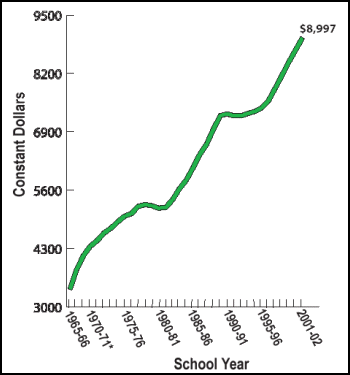Who knew...
His comments are supported by this Study (LINK .pdf) and 5,000years of history. Poor people riot...
Particularly if they are incensed because their government told them everything was great and all would be well -- and then had to pull the rug out from under them due to its own flawed policies of trying to do too much in efforts that would obtain votes while not doing things that were needed for the nation.
"“It is simply, and solely, the abundance of money within a state [which] makes the difference in its grandeur and power.”"
"“The art of taxation consists in so plucking the goose as to get the most feathers with the least hissing.”"
Jean Baptist Colbert, circa 1680






















Bookmarks